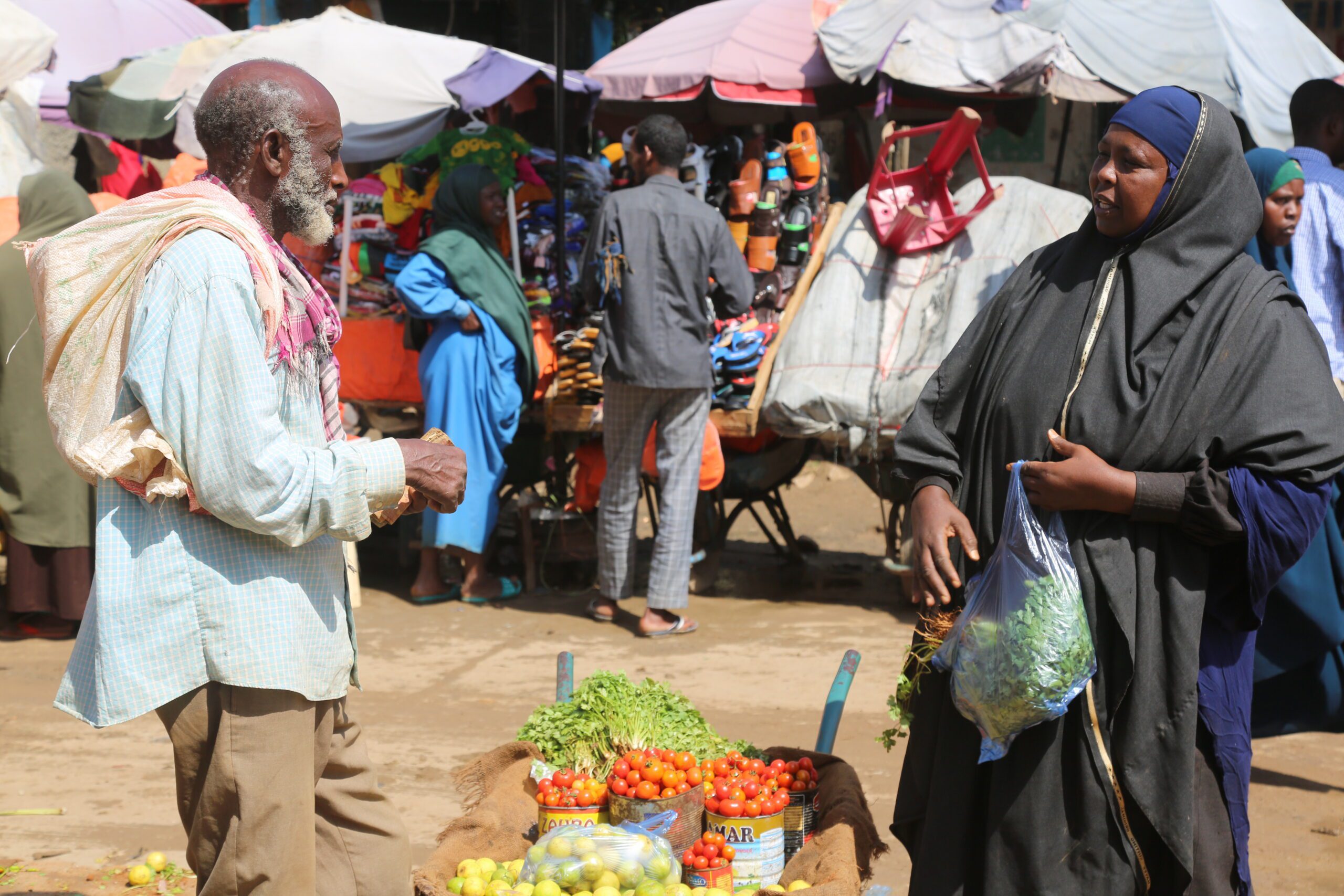Late last year, the World Bank reported that Malawi’s economic future was in peril. In a press release, they noted that “The combined effects of adverse weather, acute foreign exchange shortages, disruptions to electricity, and the high rate of inflation, mean Malawi continues to face an economic slowdown.” Unfortunately, predictions for economic growth in 2023 have not looked good, and it is clear that something needs to change for this nation of 20 million people to experience greater prosperity in the near future.
One way that Malawi’s policymakers could help their fellow citizens is to steer the country in the direction of greater economic freedom. The Fraser Institute, a Canadian-based think tank, has defined economic freedom in the following way: “Individuals have economic freedom when property they acquire without the use of force, fraud, or theft is protected from physical invasions by others and they are free to use, exchange, or give their property as long as their actions do not violate the identical rights of others.”
For Malawi to enjoy greater levels of prosperity, the government needs to liberalize its trading structure.
Unfortunately, the people living in Malawi do not get to enjoy these freedoms, and that is keeping them impoverished.
Every year, the Fraser Institute produces the Economic Freedom in the World Report (EFW report), which ranks more than 160 countries based on their level of economic freedom. Citizens in countries that are at the top of the index, where there is the most economic freedom, enjoy longer life expectancies, higher incomes, and better education than people who live in the least free societies.
Malawi has historically not scored well on the EFW report. In the latest report, Malawi was ranked as the 133rd freest economy in the world, a very poor score that shows Malawians are not able to enjoy the benefits of a market economy.
However, not all hope is lost. Many other countries have started as economically unfree, and yet, over the years, with smart policy decisions, they have become increasingly free and their citizens have benefited as a result.
The Fraser Institute uses 5 different variables to give a country an overall economic freedom score. Two of these areas must be significantly improved for all Malawians to enjoy greater prosperity.
First, the Malawian government needs to improve the protection of private property in the country. Property rights are an incredibly important part of economic freedom because if someone’s personal belongings (capital, land, businesses, or homes) might be seized unfairly by the government or other individuals, they are going to be unlikely to spend time and effort investing to make their land or business more productive. However, if people and businesses in Malawi knew that their personal property would not be unfairly seized from them, they would be able to invest in their land, become increasingly productive, and expand the private sector in their country.
Second, for Malawi to enjoy greater levels of prosperity, the government needs to liberalize its trading structure. According to the EFW report, one thing that is keeping Malawi’s score low is the fact that there are too many trade barriers that make goods more expensive for Malawian citizens. Tariff and non-tariff barriers mean that Malawian citizens are unable to enjoy goods that are produced around the world. Furthermore, trade barriers hurt Malawi’s producers because they make it difficult to sell Malawian goods in neighboring states. The government should work to make sure that goods can flow easily across borders. If that happens, Malawi will benefit as a result.
This country certainly has a long path forward when it comes to enjoying prosperity, but, if the nation’s policymakers decided to move towards economic freedom, nearly all Malawians would benefit as a result. Let’s hope wise choices are made soon.
Alexander Jelloian is the Research and Project Manager at the Initiative for African Trade and Prosperity.
First appeared in The Maravi Post.
Photo by Aime Evia via Iwaria.

